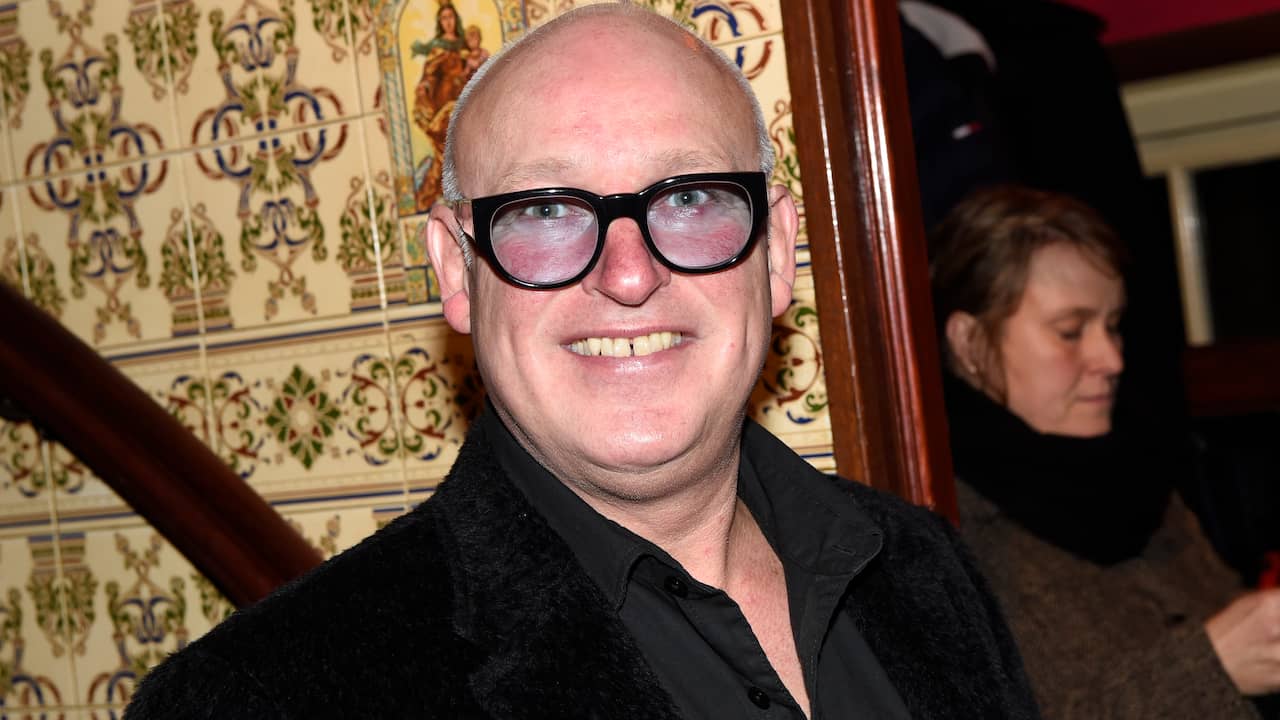As a new Francophonie Day opens this Saturday, the question of the place of French and multilingualism in the European Union arises after the departure of the United Kingdom.
J I am not able to vote anything, the European deputy affiliated to the National Rally (RN) Jean-Paul Garraud was angry at the opening of the Civil Liberties Committee at the European Parliament in September 2019. The elected European was indignant that the documents submitted to the votes, written in English, had not been translated into all the official languages. What the president of the commission, the socialist deputy Juan Fernando Lpez Aguilar, gave him reason, and apologized for the problem … in French.
An abandonment
pure and simple
officials
policies
franais
As anecdotal as the situation seems, it is nonetheless revealing of the imbroglio that reigns around the question of language in this veritable modern Tower of Babel that is the European Union (EU). Having started with four languages in 1958, the European institutions recognized fifty years later twenty-four official languages. However, English has become little by little the most used language during exchanges between parliamentarians and the drafting of official texts. In 2017, 84% of documents for which translation was requested were written in Shakespeare’s language. A situation that could be rectified since the entry into force of Brexit on January 31, 2020. And why not give French a more important place.
We have a common history but no European languagee, remarks Bruno Fuchs. This European deputy, affiliated with the Mouvement dmocrate et dmocrates apparent (MDDA) group, is one of the three co-authors of a report by the Parliamentary Assembly of La Francophonie (APF), presented in November 2019, to promote French and multilingualism. in European institutions. This document of around a hundred pages draws up the observation of a shift towards Anglophone unilingualism and advocates reducing the share of this language to less than 30% by 2024.
This situation, the consequence of aoutright abandonment French politicians who have simply abdicated, could be reversed, according to Bruno Fuchs, by a strong political will. Emmanuel Macron understood that now is the time to relaunch multilingualism, assures the deputy. The President of the Republic wishes, for what will be the biggest project of his five-year term, the promotion of French by the creation of an international city of the French language, which will be installed in the castle of Villers-Cotterts (Aisne), by 2022.
With the UK leaving the EU, Ireland and Malta are the last two member states to have English as their official language, representing less than 2% of the European population. However, English should not disappear from the corridors of Brussels. There will always be English. But on important things, everyone must be able to express themselves in their own language., says Bruno Fuchs. Multilingualism could also make it possible to give meaning to the European project, by mitigating the rise of populism as well as regionalist demands on both sides of the continent. We cannot have a European project in a language that is not our own, says the deputy.
find out more
Although French is one of the first four official languages of the European Union, it nevertheless represents less than 3% of the documents drawn up for which a translation was requested in 2017. The language of Molire nevertheless remains that of the deliberate in the judicial system. of the EU, the judgments and opinions of the Court of Justice of the European Union (CJEU) and the court of first instance are thus rendered in French. The means put in place to ensure translations into the various languages are considerable. The Directorate-General for Interpretation of the European Commission employs 530 interpreters and provides around 100,000 interpretation days per year. The interpretation department of the European Parliament employs 276 interpreters, including 22 in the French linguistic unit, and provides 91,000 interpretation days per year.
—

